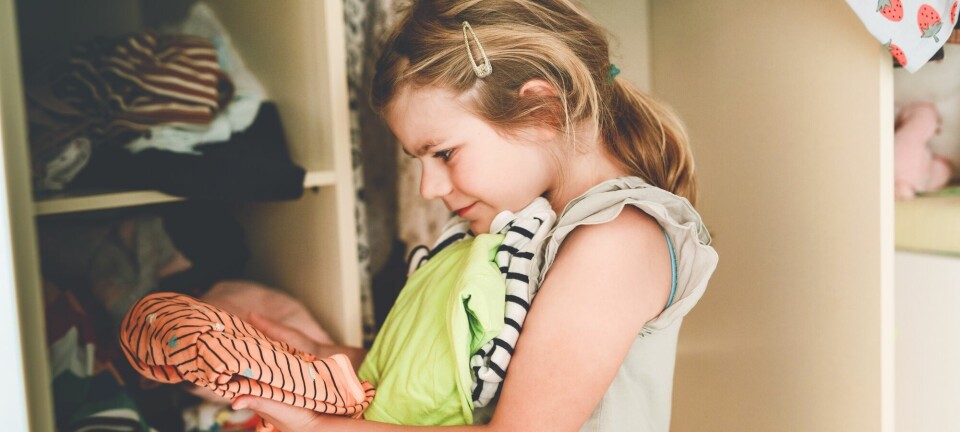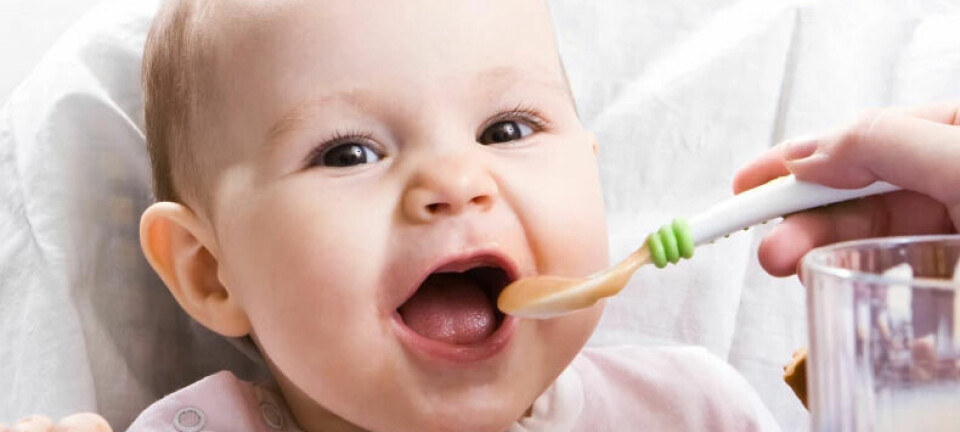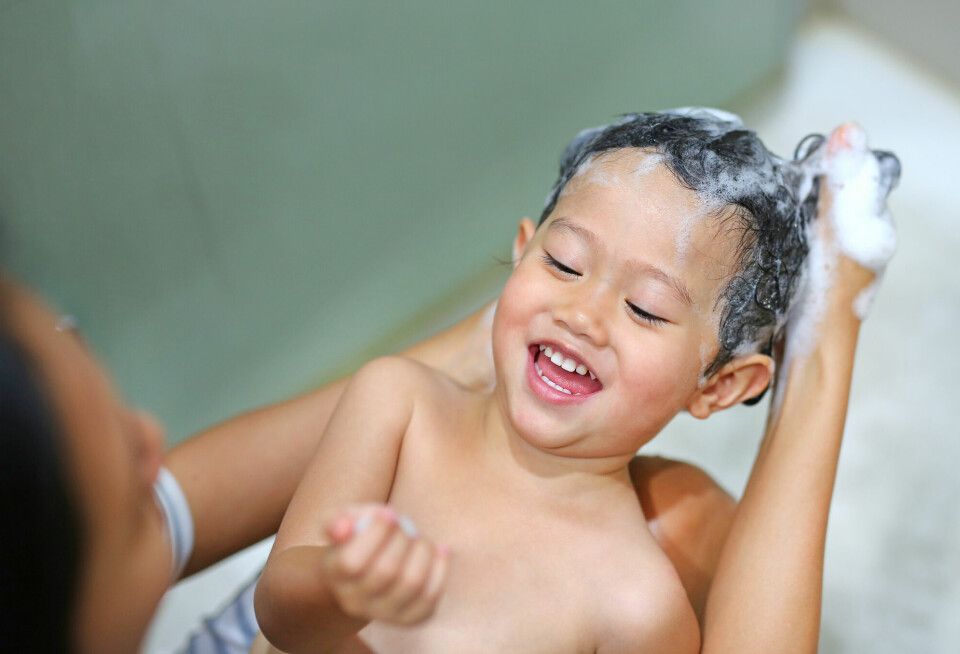
Do children actually need to use shampoo?
Researchers and hairdressers agree that children can skip shampoo.
Soap and shampoo residues find their way into our oceans.
Determining the exact risk to marine life is challenging, yet many researchers believe we should start reconsidering the products we use and perhaps eliminating some of them.

“A good place to start is to stop shampooing children,” hairdresser Luna Amarna Thijm says. “They don’t need it, in my experience. They have low sebum and oil production in their scalp.”
In agreement
This tip can save parents money and time, prevent stinging eyes in children, and spare the planet from unknown substances.
But is it true that children really do not need shampoo? Sciencenorway.no checks with two researchers.
“Yes, children over infancy produce less sebum,” Eva Maria Rehbinder says.
She is a dermatologist and conducts skin research at Oslo University Hospital.
“Children's hair only needs to be washed with soap products when strictly necessary. By this, we mean when there is obvious dirt and grime,” she says.
Water is often enough
Rehbinder singles out infants in particular.
“Infants' skin barrier is fragile and can easily become irritated. Chemicals and allergens penetrate more easily through the skin of infants.
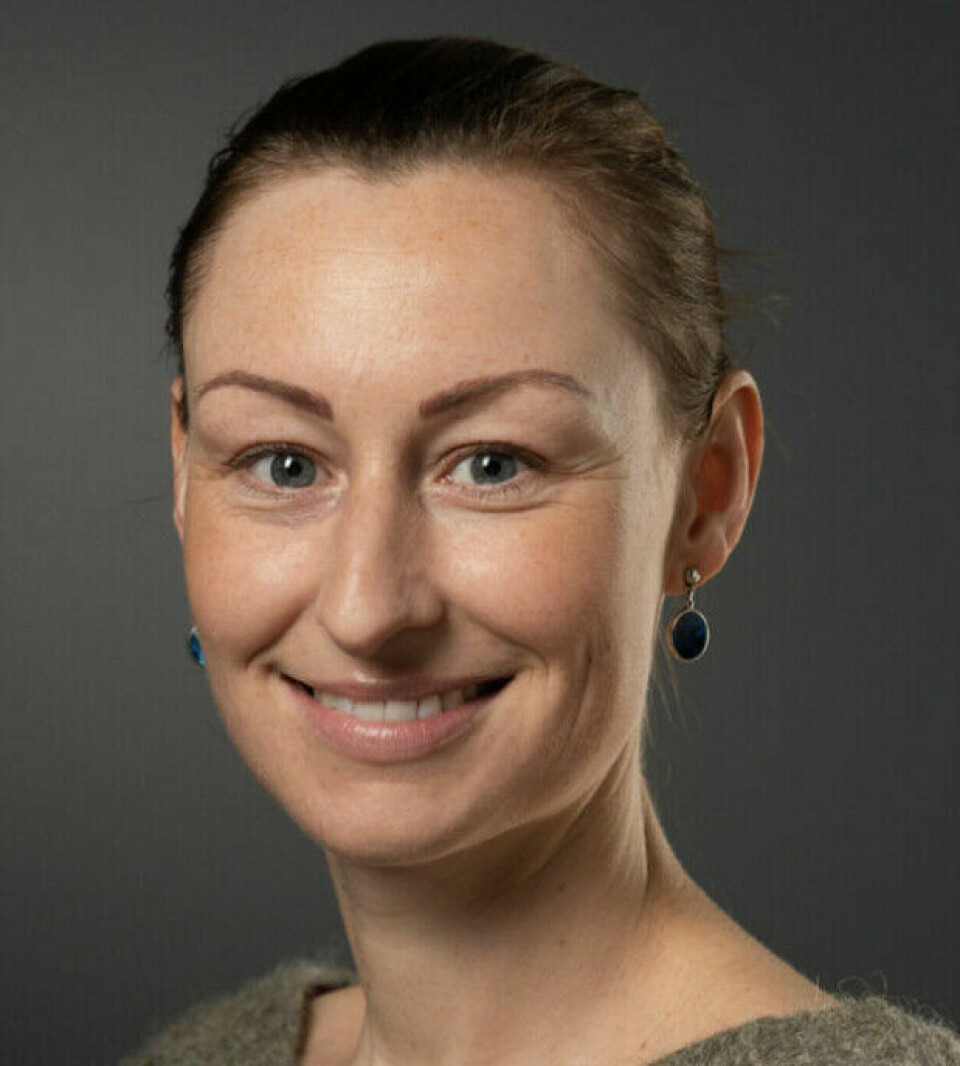
It is best to avoid skincare products as much as possible. If you wish to use products, she recommends using a mild bath oil.
“Otherwise, water is often enough,” she says.
Consider the impact
“Good hygiene is important, but to what extent? We also have to consider what we release into nature,” Ernst Kristian Rødland says. He is the senior medical officer at the Norwegian Institute of Public Health.
What ‘disappears’ down the toilet, shower, and sink eventually ends up in nature.
And we have little insight into the long-term impacts.
“Chemicals and microplastics can lead to major consequences for everything from human intelligence and fertility to memory. The exact risks are not yet known, so we should be cautious,” he says.
Rødland advocates for measures that reduce the release of chemicals into nature.
“We should think about this regardless of age,” he says.
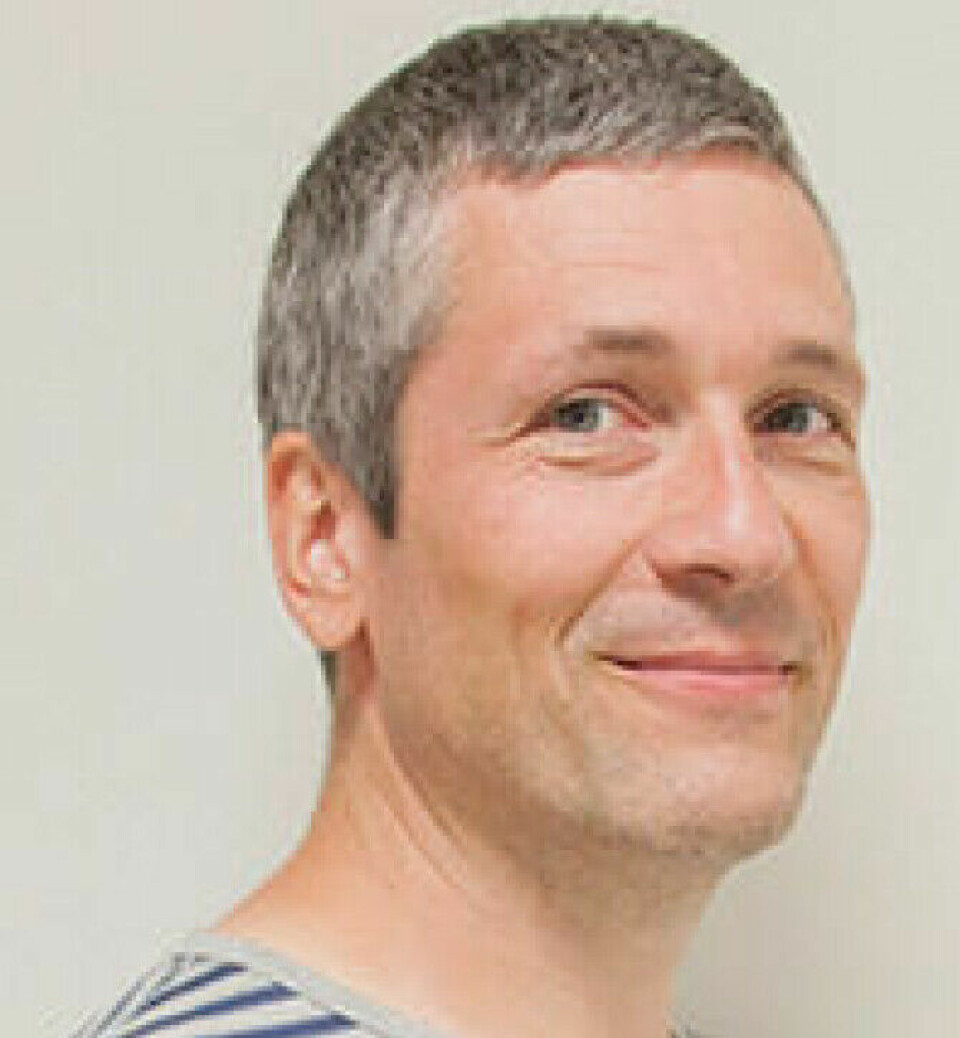
Advocates for ‘no poo’
Rødland highlights the ‘no poo’ trend, where individuals forgo shampoo entirely.
The idea is that shampoo removes the skin's natural oils, causing the scalp to produce even more oil.
“A friend of mine tried this and I was part of the process,” Rødland says.
He notes that initially, the hair became oilier and less attractive for the first three months. But eventually, the unwashed hair became lush and beautiful.
“He achieved the good balance for himself and the environment,” Rødland says.
———
Translated by Alette Bjordal Gjellesvik
Read the Norwegian version of this article on forskning.no








